
Fidelity Bank’s Deputy Managing Director for Wholesale Banking, Kwabena Boateng, addressed B&FT’s 14th Ghana Economic Forum held a fortnight ago and emphasised that the real anchor of Ghana’s currency lies not only in its reserves but also the productivity of its industries and people.
At the Forum in a break-off session held with the theme ‘Currency Value Addition – A Reset for Sustainable Economic Growth’, Mr. Boateng noted that the more we invest in the sectors that create value – agriculture, manufacturing and exports – the more stable and resilient our currency becomes.
He observed that while the economy has made impressive strides in stabilisation, growing by 6.3% in the second quarter and recording single-digit inflation of 9.4%, financing patterns still reveal an imbalance.
“The services sector continues to expand rapidly, accounting for over 42% of GDP and receiving 36.8% of all bank credit, while manufacturing attracts just 12.4% and agriculture – despite its vast potential, receives a fraction of that,” he stated.
This uneven distribution creates vulnerabilities, Boateng added. It is therefore is in this regard that he urges financial institutions and policymakers to address the “financing conundrum” which perpetuates high risk and underinvestment in productive sectors.
Commercial banks have an aversion to lending for the agriculture sector because of a perception of risk. The agriculture sector is afflicted with a high Non-Performing Loan ratio of 54.2%.
“This creates a cycle of caution: high risk leads to less lending, which leads to under-investment, which in turn perpetuates the very risks we fear. To achieve a true economic reset, we must break this cycle.”
Hence his call is for a systemic reset – one that combines finance, policy support, innovation and partnerships. Fidelity Bank is actively demonstrating how patient, purposeful capital can unlock growth in high-impact sectors.
Of the Bank’s two flagship initiatives, the BRIDGE-in-Agriculture Programme implemented in partnership with the Mastercard Foundation has disbursed over GH¢94million to SMEs and smallholder farmers, focusing on youth and women entrepreneurs; while the Greentech Innovation Challenge initiative bets on young innovators to solve major agricultural challenges in areas like precision agriculture.
The bank’s GH¢2million total investment in these green pioneers has already seen the first cohort generate over GH¢13million in revenue – with some expanding to Nigeria and Sierra Leone, validating the strategy of coupling innovation with patient capital.
At the same event, Director of Multinational and Local Corporate-Fidelity Bank Maxwell Asare said domestic banks have the financial muscle to fund major energy sector projects if issues of transparency, governance and cash flow credibility are addressed.
Mr. Asare noted that while financial institutions possess the capability to support large-scale energy investments, securing new funding depends largely on clearing existing legacy debts and establishing a robust framework for revenue management and repayment.
“Before we can attract new investment into the energy sector, we must first tackle the legacy debt. The existing debts can be structured into a special purpose vehicle (SPV) to issue bonds, which could be listed on the stock exchange to immediately settle those debts,” he explained.
Indeed, Mr. Asare believes the financial sector has sufficient capacity – especially when supported by guarantees from development finance institutions (DFIs) – to finance energy projects. But he was quick to add that “no financial institution will commit funds without transparency, credibility of cash flow and good corporate governance”.
Additionally, frequent policy inconsistencies and loan defaults following political transitions weakens investor confidence. Therefore, policymakers and power sector managers must ensure continuity and transparency in sector management to restore trust and unlock local funding.
Credibility and accountability must underpin government’s approach if the sector is to move to the next level. Government has been urged to consider using an SPV model to separate historical debts from operational revenues, allowing tariffs and taxes to flow directly into production and distribution rather than servicing old obligations.
For his part, Partner-KPMG Ghana Reindolf Annor advocated implementation of high-impact, low-cost measures to tackle the debt burden. He also criticised inconsistent application of the Energy Sector Levies Act, 2015 (Act 899), noting that revenues meant to retire sector debts have not been used for their intended purpose.
Minister for Energy and Green Transition John Abdulai Jinapor recently revealed that Ghana’s energy sector debt has reached GH?80billion, with the Electricity Company of Ghana (ECG) accounting for more than GH?60billion.
The post Editorial: Invest in real sectors of the economy for sustainable growth appeared first on The Business & Financial Times.
Read Full Story

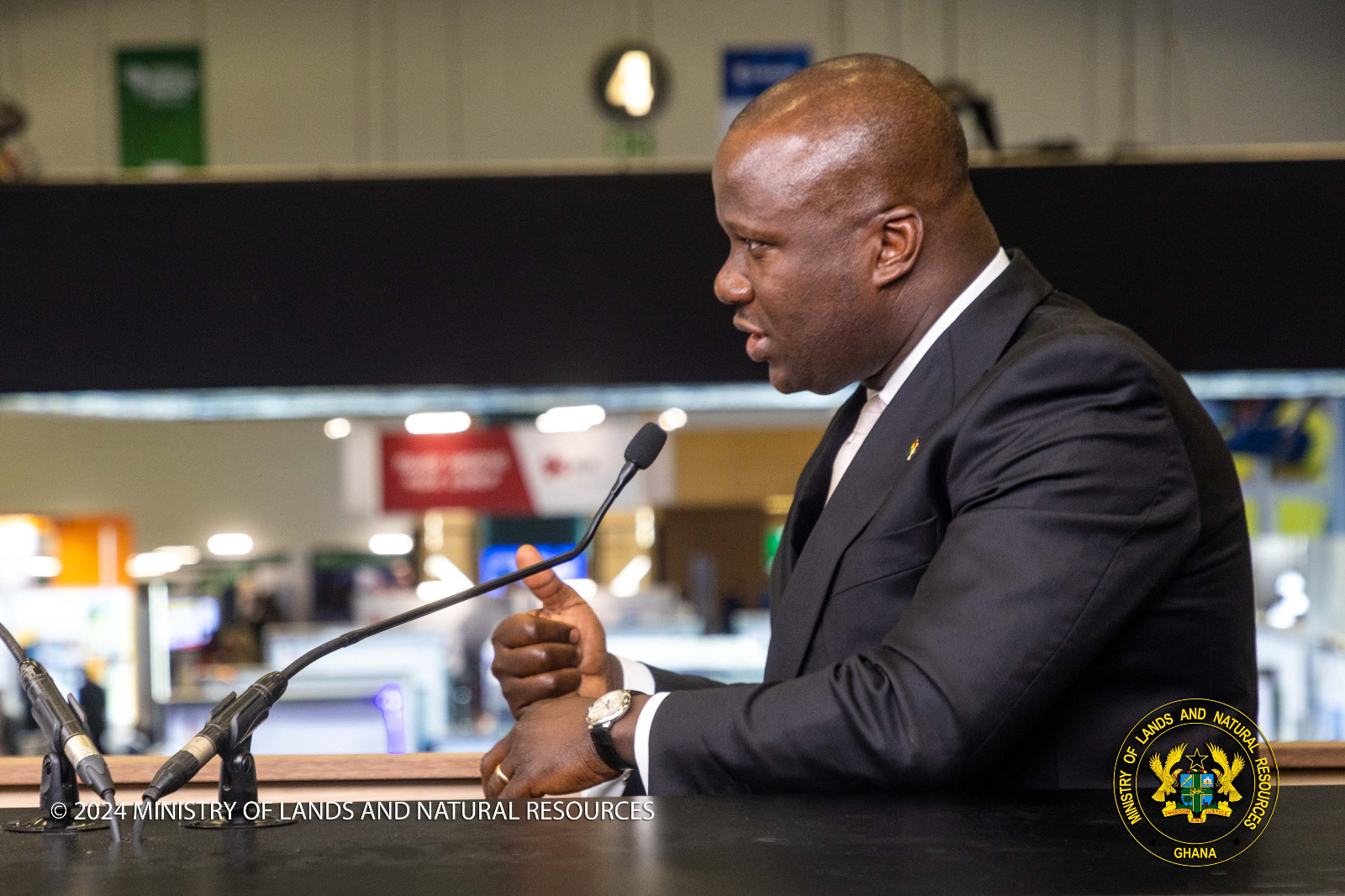
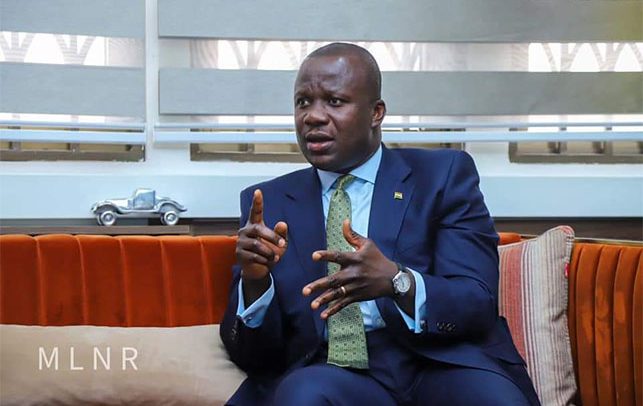

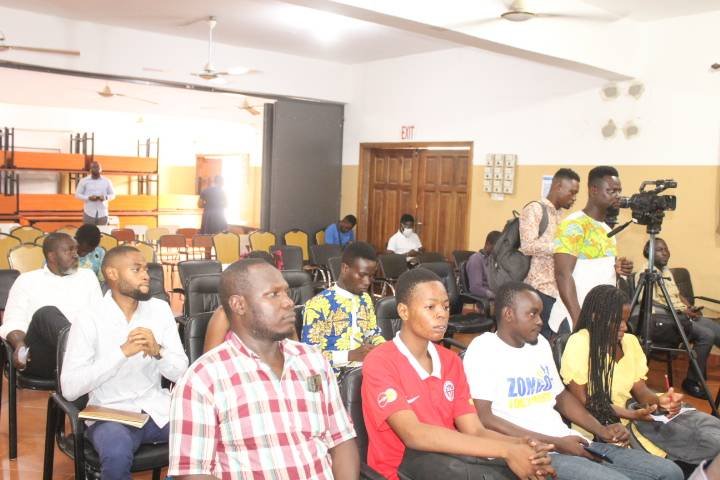

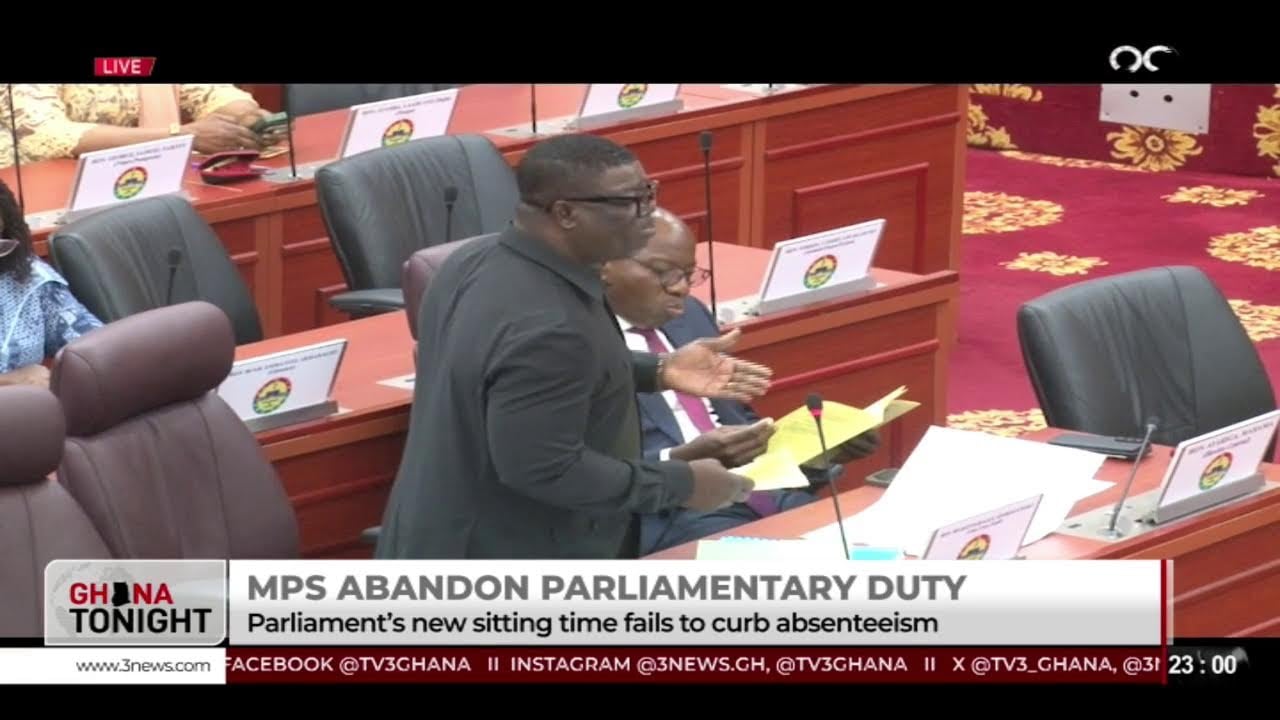












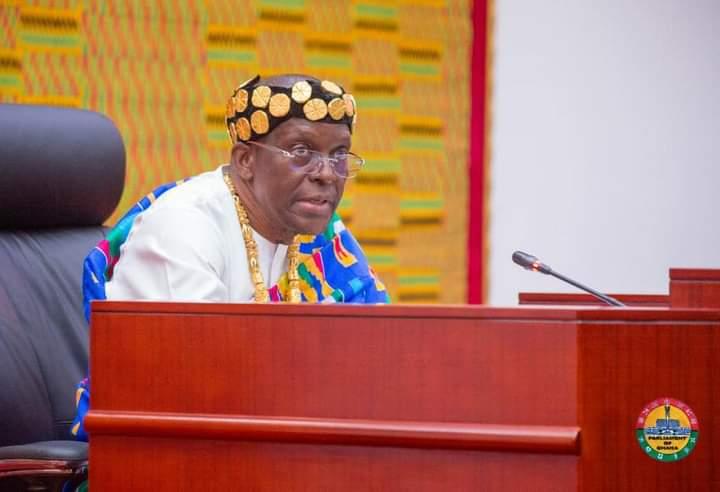


Facebook
Twitter
Pinterest
Instagram
Google+
YouTube
LinkedIn
RSS